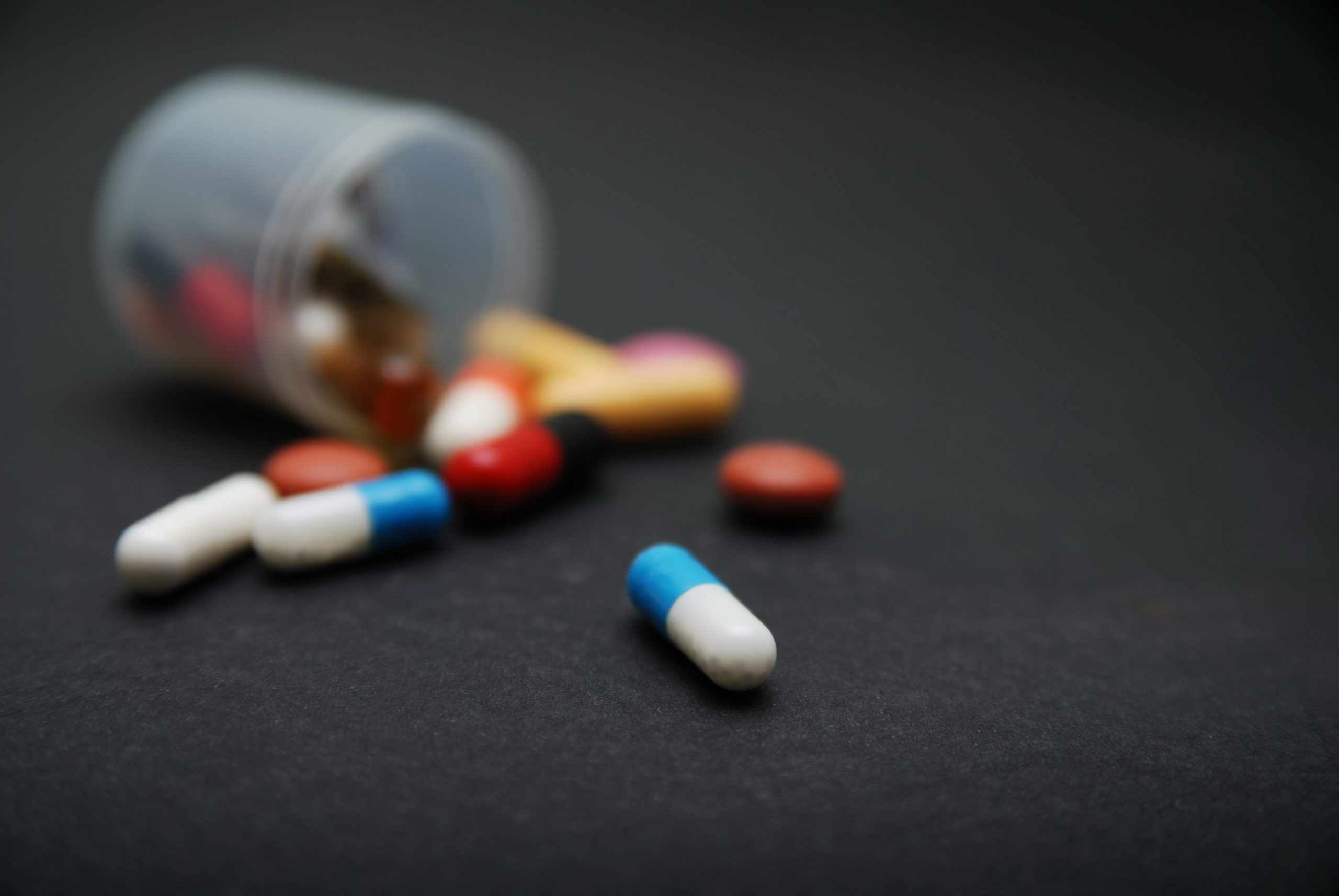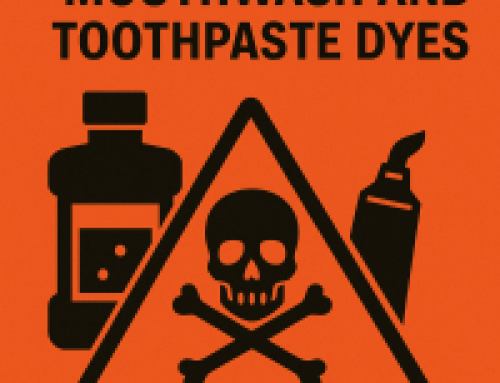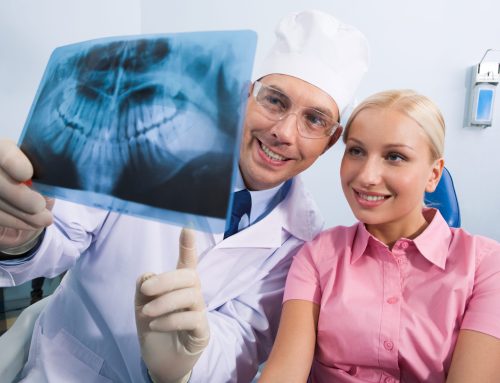Taking statin drugs, although prescribed by your physician, carries some risks, some of them serious. But, before we cover side effects of statin drugs, let’s look at some background information about statins.
What Are Statin Drugs?
Statin drugs are prescribed for lowering cholesterol. Why are cholesterol levels important for good health? When cholesterol in the blood stream is elevated beyond the normal level, a buildup of plaque on artery walls can occur, preventing optimum blood flow, explains Richard Browne, MD, of Carolina’s Healthcare System (1). If arteries narrow or harden due to that buildup, sudden blood clots can put you at greater risk of heart attach or stroke (3).
What are optimum cholesterol levels? Accepted medical guidelines are that total cholesterol should be below, 200 mg/dL (1). HLD, or good cholesterol, should be above 40 for men and above 50 for women. LDL, or bad cholesterol, should be as near as possible to 70 (2).
What Are the Side Effects of Statin Drugs?
According to WebMD, there are many side effects: headache; sleeping difficulty; drowsiness; skin rash; flushing of the skin; dizziness; nausea/vomiting; cramping or pain in the abdomen; bloating or gas; diarrhea; constipation; and aching, tender, or weak muscles.
The most serious side affect is inflammation of the muscles. Inflammation can cause pain and weakness, which can cost some time to resolve. When the inflammation is extreme, damage can occur. Muscles all over the body can become painful and weak. Further, kidneys overtaxed by eliminating muscle breakdown can lead to kidney failure and eventual death (4).
If You Must Take a Statin Drug
If you must take a statin drug, your doctor will ask you what other medicines or supplements you are taking. Some medications or supplements can interfere with the action of statins. One thing statins do is reduce absorption levels of CoQ10, which is needed for healthy heart function. Some doctors will recommend your supplementing with CoQ10 while on statins.
Another important factor in the efficacy of statin drugs is whether you have gum disease. Nearly seventy percent (70%) of all adults have gum disease and the older you are, the more likely you are to suffer from it. Gum disease actually causes inflammatory substances to enter your bloodstream and travel to other organs and systems, for instance the heart. It is also a factor in atherosclerosis, or the narrowing or hardening of the arteries. Inflammation from periodontal disease can also add to the amount of inflammation in the muscles, adding to the side effects coming from the statin drug and further distressing the kidneys.
One of the best things you can do for your systemic (overall) health is to find out where you stand with regard to gum disease. Minimizing your risk if you do not have gum disease and using some intervention strategies to treat and facilitate improvement of conditions in your mouth may help your doctor reduce dosage levels of statins needed, thus reducing your risk levels of side effects from statin drugs.
To sum up, periodontal disease affects how well your medications are working.
Improving oral care may be a good place to start improving how well your medicines work. Check out https://cleankiss.com/wp-content/uploads/cleankisshow.mp4
Changing homecare coupled with dental hygiene check ups is a good way to reduce your risk of gum disease. Clean Kiss theraputic mouthwash and toothpaste is money back guaranteed to reduce pocket depth when used twice daily as directed. Get both at cleankiss.com/shop and if this is your first order with us, use firstkiss coupon for free shipping. Already love us? Get Free shipping when you subscribe for 3 month autoship.
References
1. Browne, R.E. (2020) “What should my total cholesterol level be?” Retrieved June 25. 2020, from https://www.sharecare.com/health/cholesterol/what-should-my-total-cholesterol-level-be
2. Dubois, W.L. (2020). “What should my total cholesterol be?” Retrieved June 25. 2020, from https://www.sharecare.com/health/cholesterol/what-should-my-total-cholesterol-level-be
3. Fascilla, C. M. (2020) “Two studies on statins and oral health.” Retrieved June 25, 2020, from http://www.carleplacedental.com/dentalarticles/two_studies_on_statins_and_oral_health.html
4. “Side effects of cholesterol-lowering statin drugs.” (2020). Retrieved June 25, 2020, from https://www.webmd.com/cholesterol-management/side-effects-of-statin-drugs





